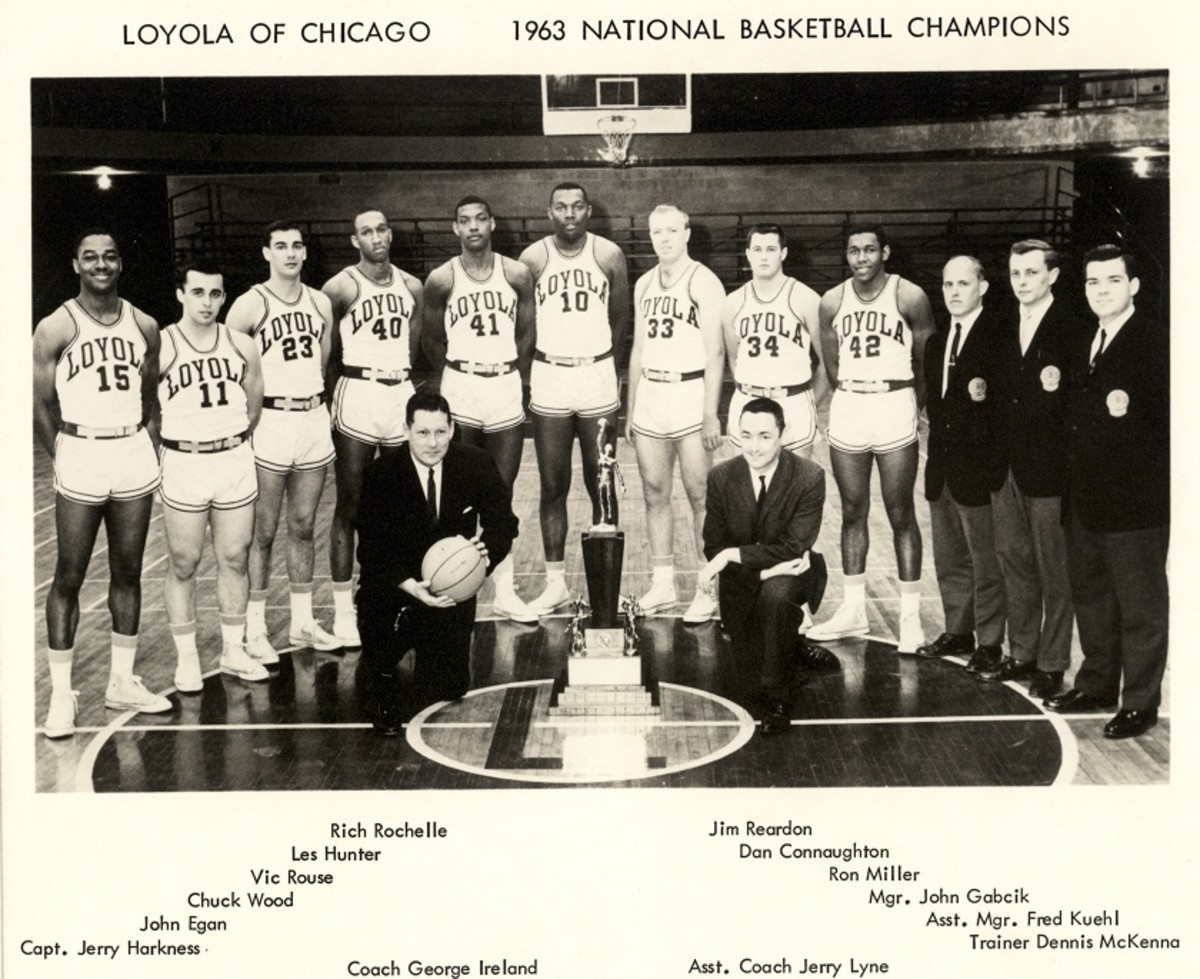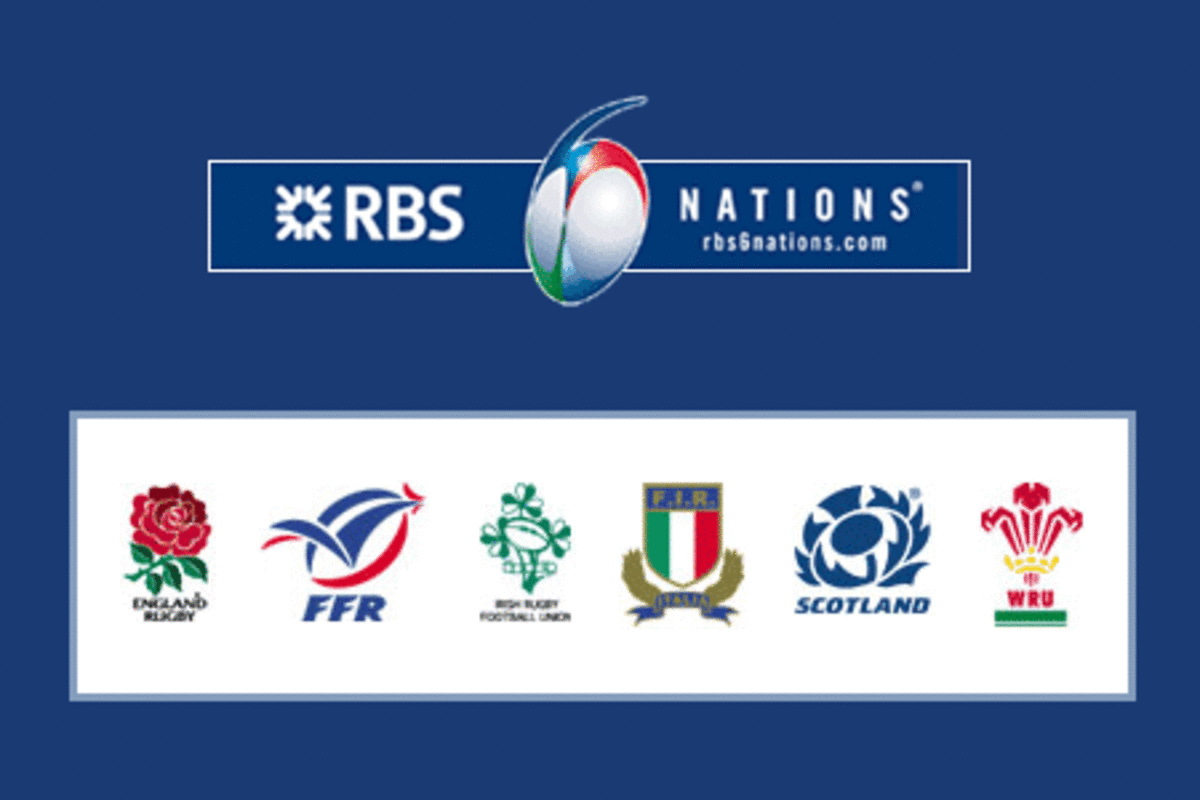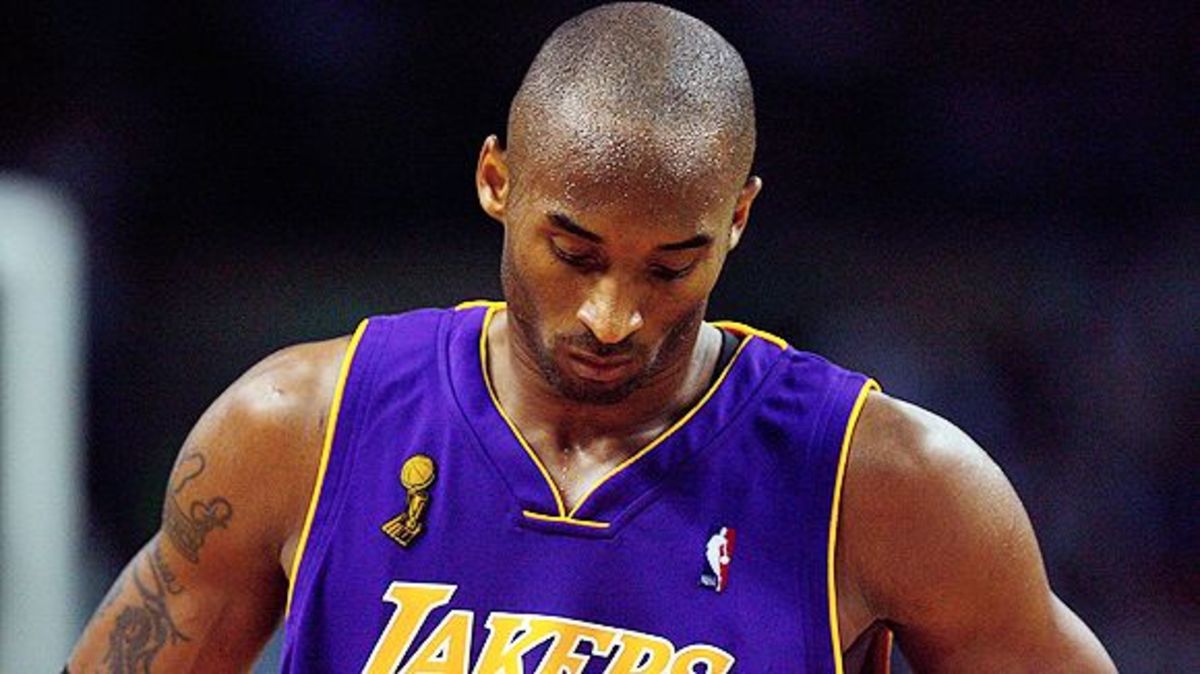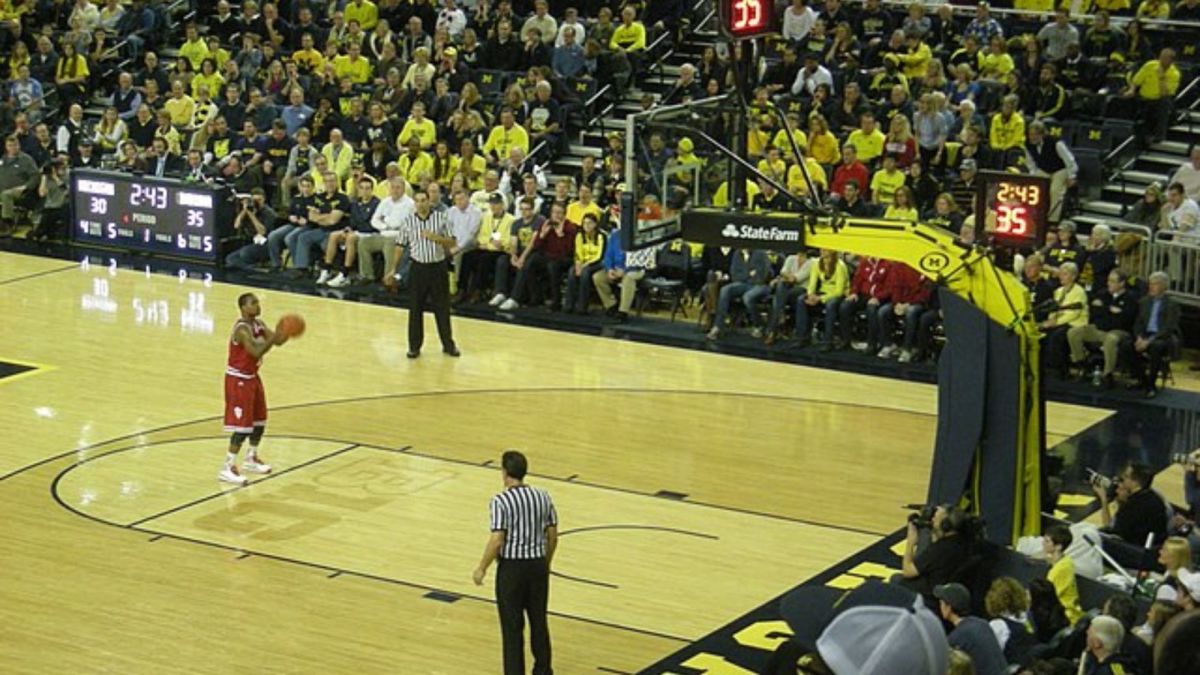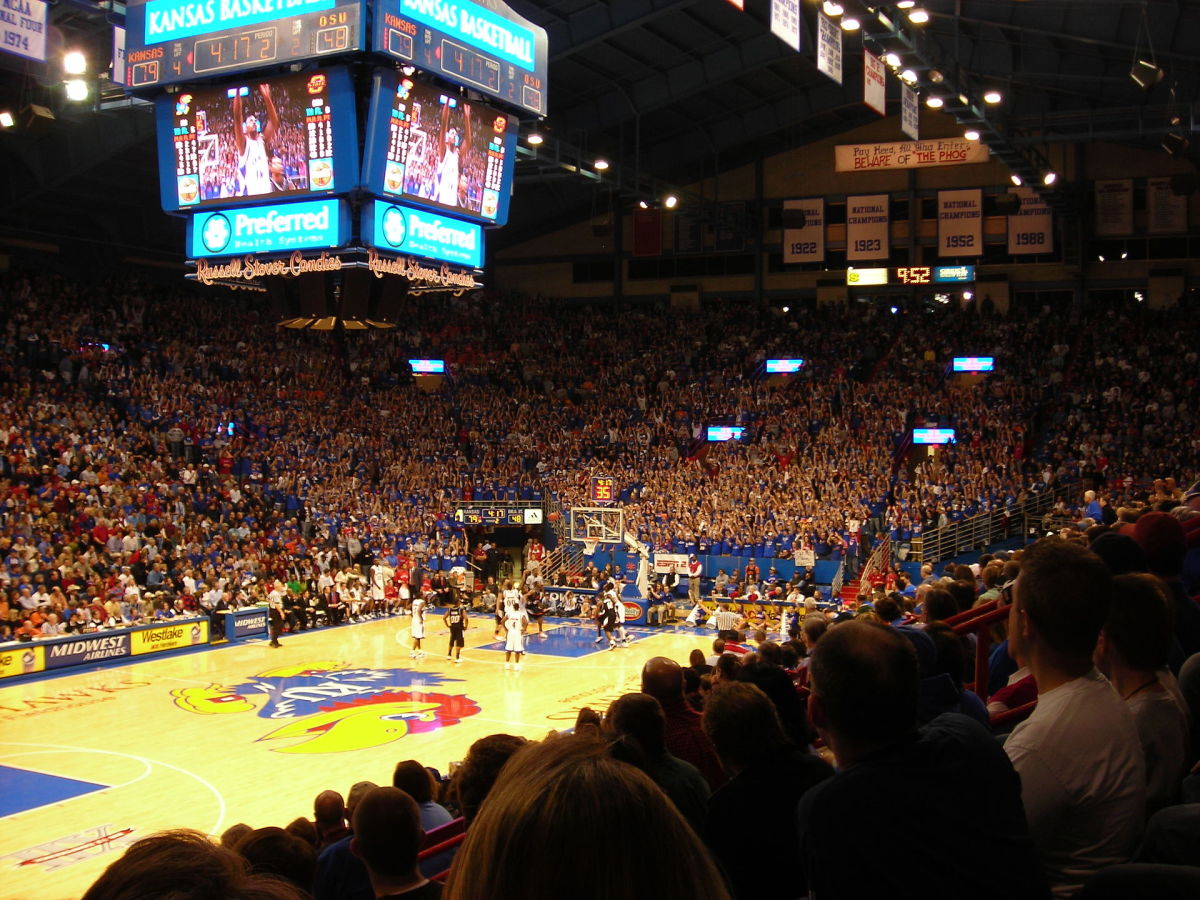- HubPages»
- Sports and Recreation»
- Team Sports»
- Basketball
NCAA Men's Basketball Tournament - Should It Expand Beyond the Field of 65
NCAA Logo
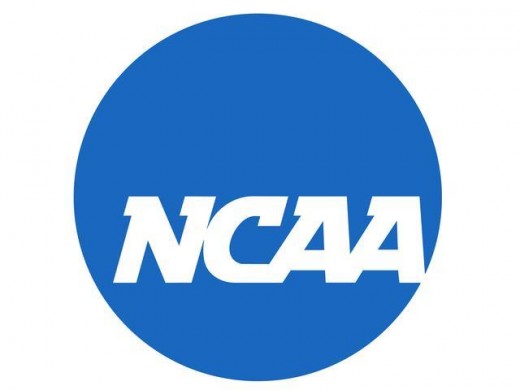
NCAA Basketball Tournament
Are You in Favor of the NCAA Expanding the Tournament
Could We See More School Join the Big Dance?
For three straight weeks in March, we, as fans, see some of the most exciting college basketball of the year. There is a reason it is referred to as March Madness. Well, the NCAA and its member schools are looking to expand the tournament up to ninety-six teams.
Since 1939, the NCAA has provided a men's basketball championship to member schools. When the tournament began, eight schools qualified for the championship. The tournament format stayed that way until 1950.
In 1951 and 1952, sixteen schools qualified for the NCAA tournament. The National Invitation Tournament which occurs at the same time as the NCAA tournament was the more prestigious of the two basketball tournaments up until the mid - 1950's. From 1953 until 1974, the NCAA tournament featured anywhere from 22 to 25 teams.
The NCAA tournament expanded several times since 1975 from 32 teams (1975-1978), 40 teams in 1979, 48 teams (1980-1982), 52 teams in 1983, 53 teams in 1984, 64 teams (1985-2000), and 65 teams since 2001.
The reason for expansion in 1975 was due to one school per conference would be represented in the NCAA tournament. Schools such as Maryland and USC could not make the tournament even though they were highly ranked in the polls.
The present configuration of 65 teams features a play-in game of the 64th and 65th ranked schools in the tournament. The winner of this game plays one of the top four #1 seeded teams of the tournament.
For those schools who do not make the NCAA tournament, they still can play post-season basketball either in the NIT or CBI (College Basketball Invitational). The NIT features 32 schools and the CBI features 16 schools.
There is a new call for the NCAA to expand the Men's basketball tournament anywhere from a 68 team field or 96 team field. There are 342 schools that participate in the NCAA Division I. If the 96 team idea goes thru, close to one-third of the member schools qualify for post-season play not counting the NIT and CBI.
The biggest reasons for expansion of the NCAA tourney include job security for head coaches and money. Coaches can go their current school state that they reached the post-season for so many years and that they earned the million dollar or more contract to build the prestige of the school. The television contract has an opt out clause after this year, 2010. CBS, who has carried the tournament since 1982, would love to keep showing the tournament. The NCAA Tournament is a big money maker for both the NCAA and CBS. The contract is over six billion dollars and the ad revenues quickly add up for CBS. Look for ESPN to make a push either carry more games or carry the tournament until the championship game. Expanding the tournament to 96 teams would add another week to the tournament plus make the tournament even more lucrative financially.
Take the 2010 tournament, one of the first schools out in the selection process is my beloved University of Illinois. I admit I am biased toward them. Well, the team had a record of nineteen wins and fourteen losses after losing the in the Big Ten Conference post-season tournament. They wins over tournament qualifiers Wofford, Vanderbilt, Clemson, Michigan State, and Wisconsin. What certainly hurt the University of Illinois was their RPI ranking ( Rating Percentage Index) which was in the 70's. The top schools usually are ranked very low. The RPI is based upon the your strength of schedule along with your opponents strength of schedule. The better teams you play during the season, the lower your number. The weaker your schedule, the higher RPI number. The Illini are currently playing post-season in the NIT.
Personally, I like the current set up of 65 teams. If the first weekend of the 2010 NCAA Tournament is any indication, the schools who received bids deserved to get in the tournament. How else would you see schools such Ohio University defeat Georgetown, St. Mary's University defeat both the University of Richmond and Villanova, Cornell defeating the likes of Wisconsin and Temple, and the darling of the tourney (or the team who ruined many fans brackets) Northern Iowa defeat Kansas University (the #1 overall seed of 2010 NCAA tournament)? You would not in an expanded NCAA tournament.
I am sorry to say expansion waters down competition. You see that in all the major sports leagues like Major League Baseball, the NFL, NBA, and NHL. That will certainly happen if the NCAA basketball tournament expands beyond 65 teams. I believe change is good thing but, in this case , "if ain't broke don't fix it".
Update (4/30/10) - On Thursday, April 29, 2010, the NCAA's Board of Directors approved expansion of the tournament from 65 to 68 teams. Last week, it was announced that CBS and Turner Broadcasting agreed to a 14 year, $10.8 Billion broadcasting deal with the NCAA to cover the Men's basketball tournament. Every game will be carried by CBS and the family of Turner Networks including TBS, TNT, and truTV.
Update
Update (4/30/10) - On Thursday, April 29, 2010, the NCAA's Board of Directors approved expansion of the tournament from 65 to 68 teams. Last week, it was announced that CBS and Turner Broadcasting agreed to a 14 year, $10.8 Billion broadcasting deal with the NCAA to cover the Men's basketball tournament. Every game will be carried by CBS and the family of Turner Networks including TBS, TNT, and truTV.

